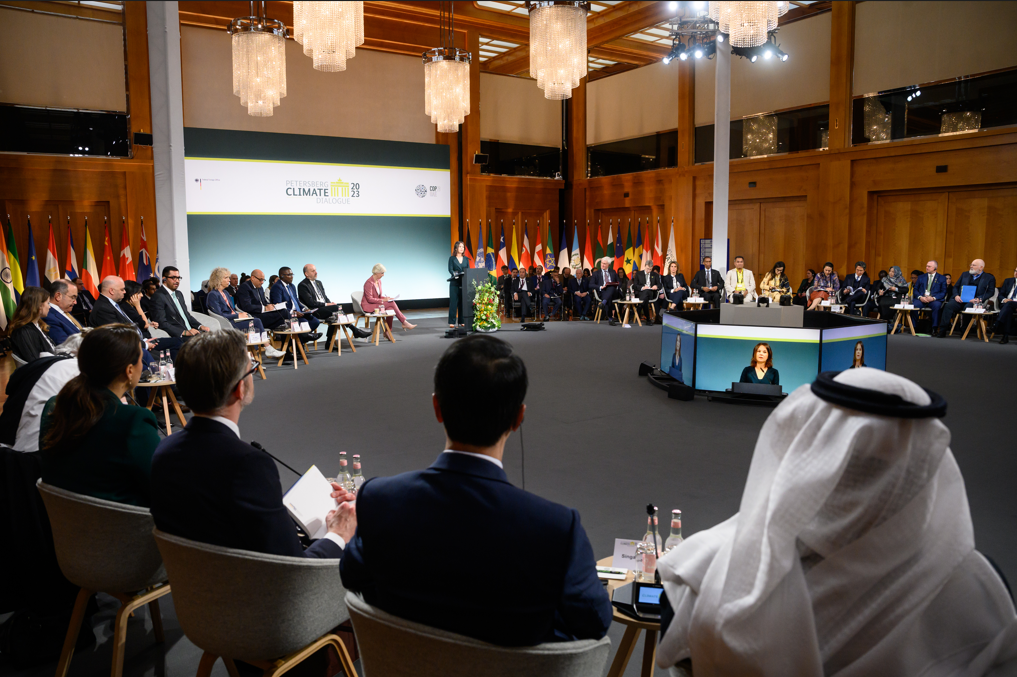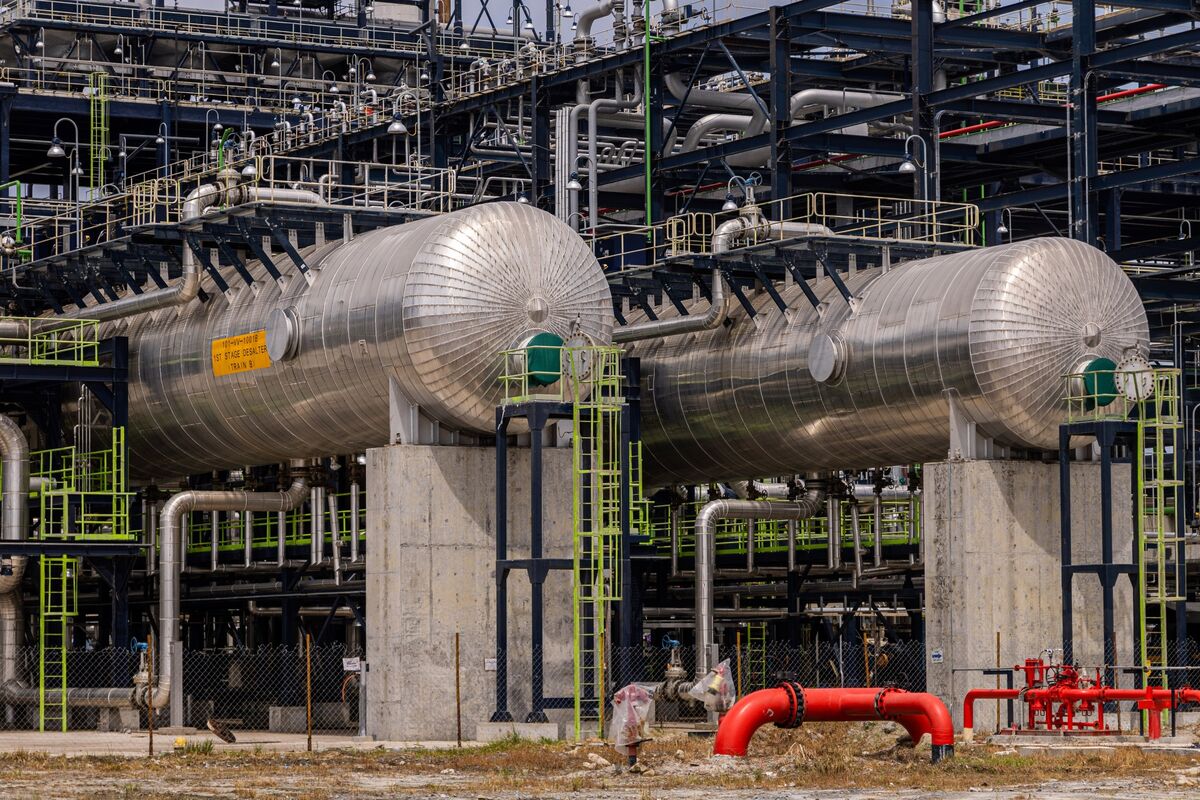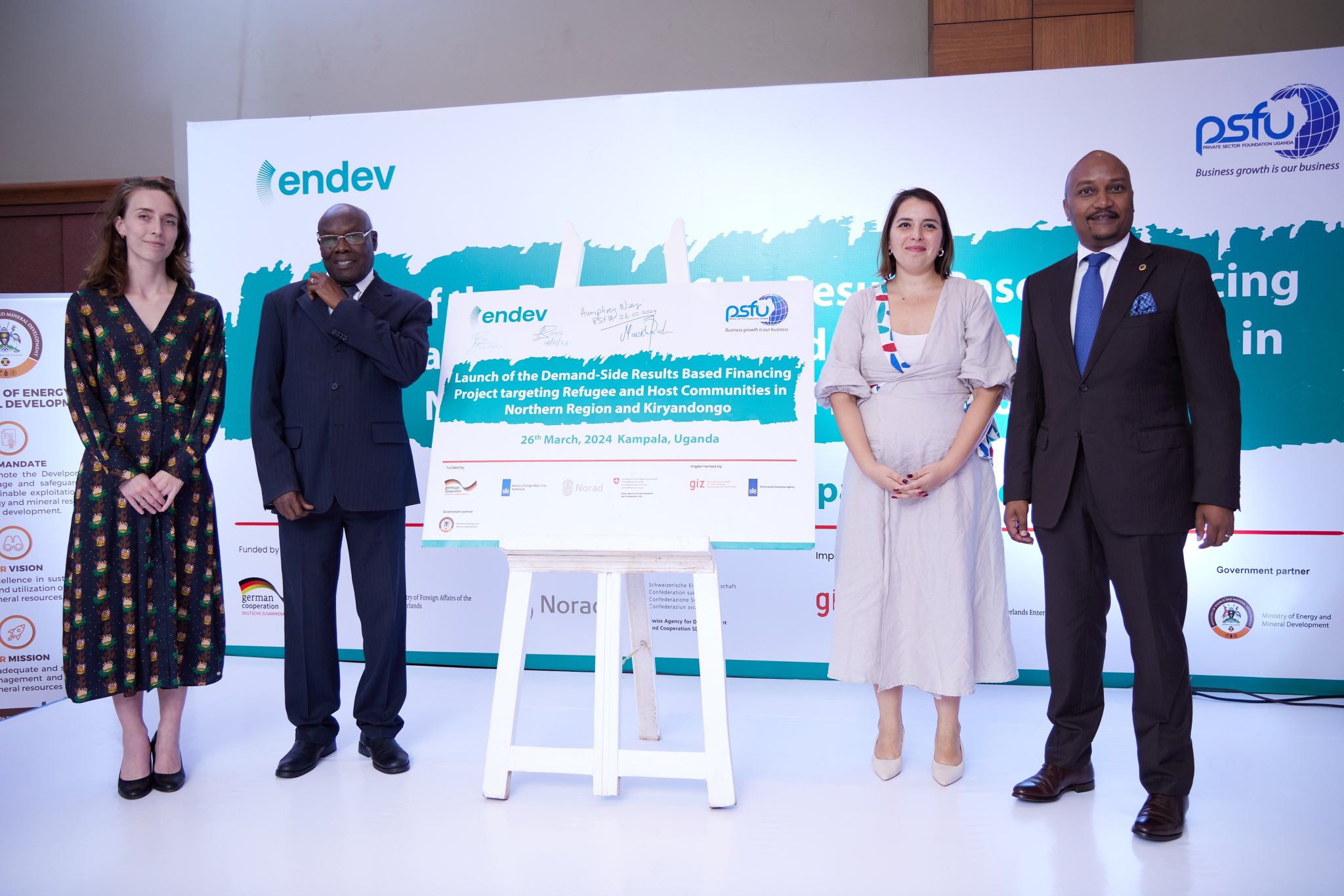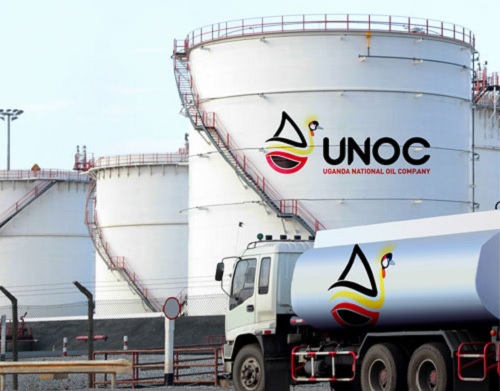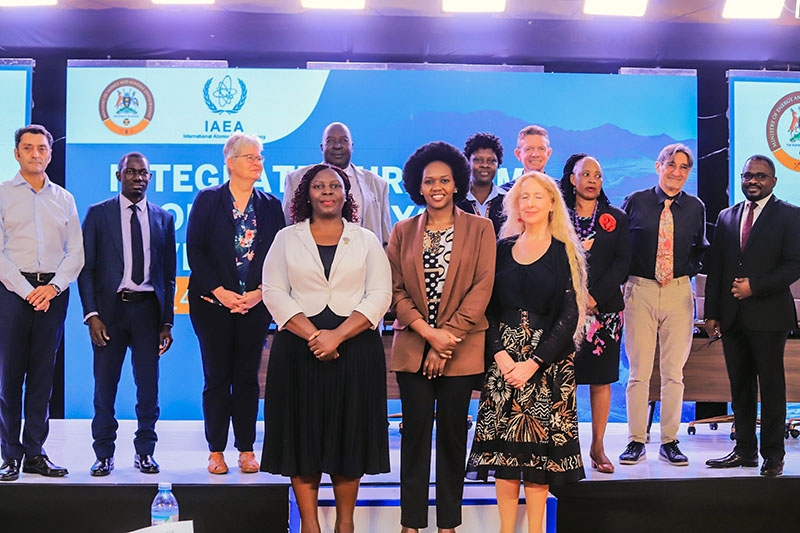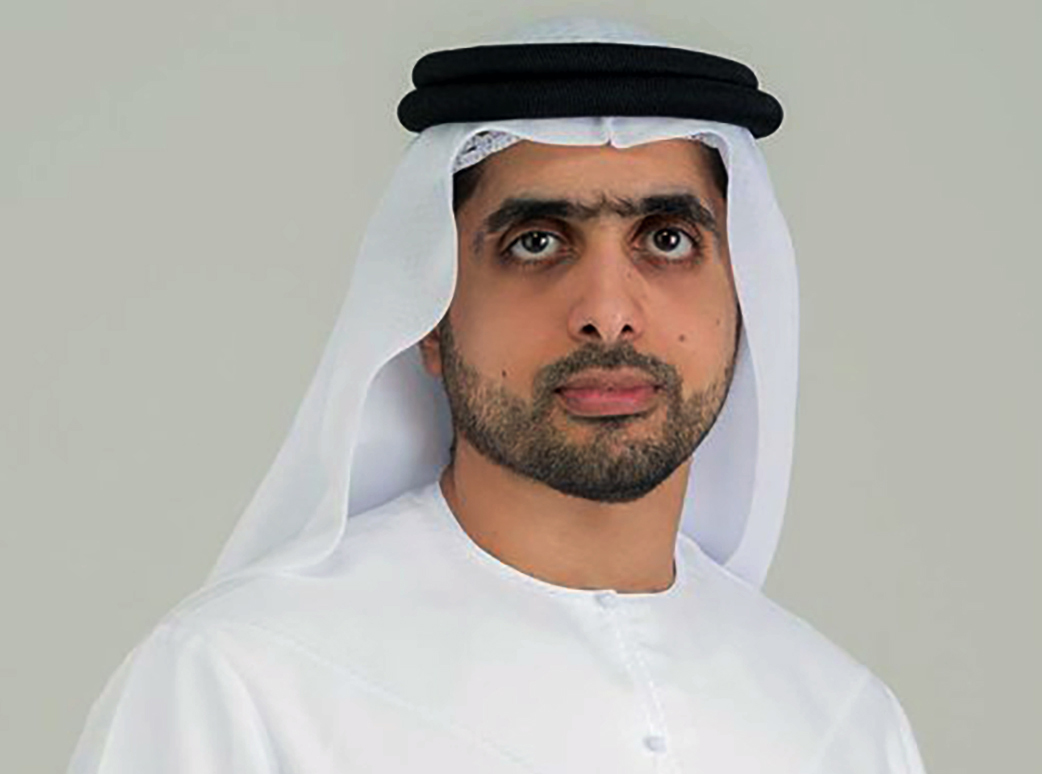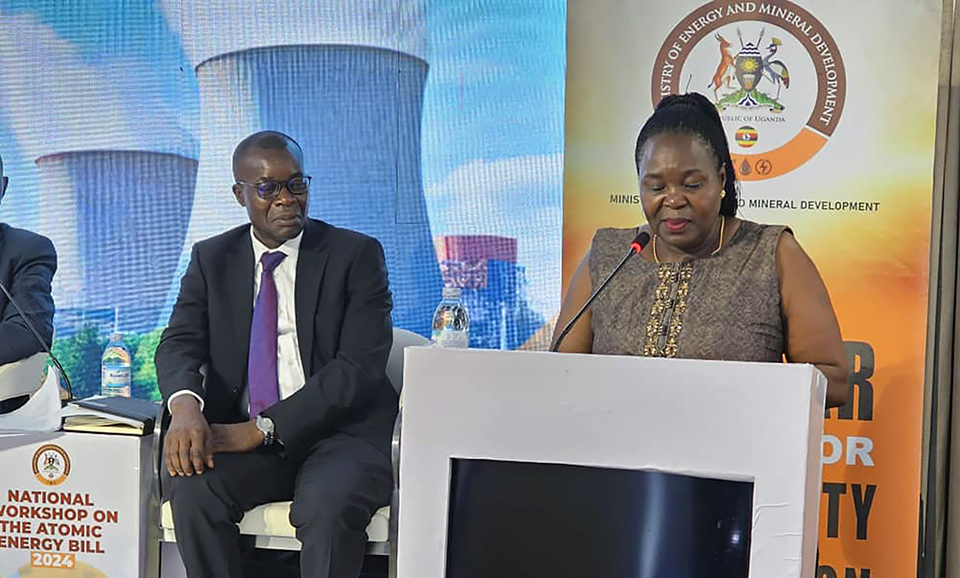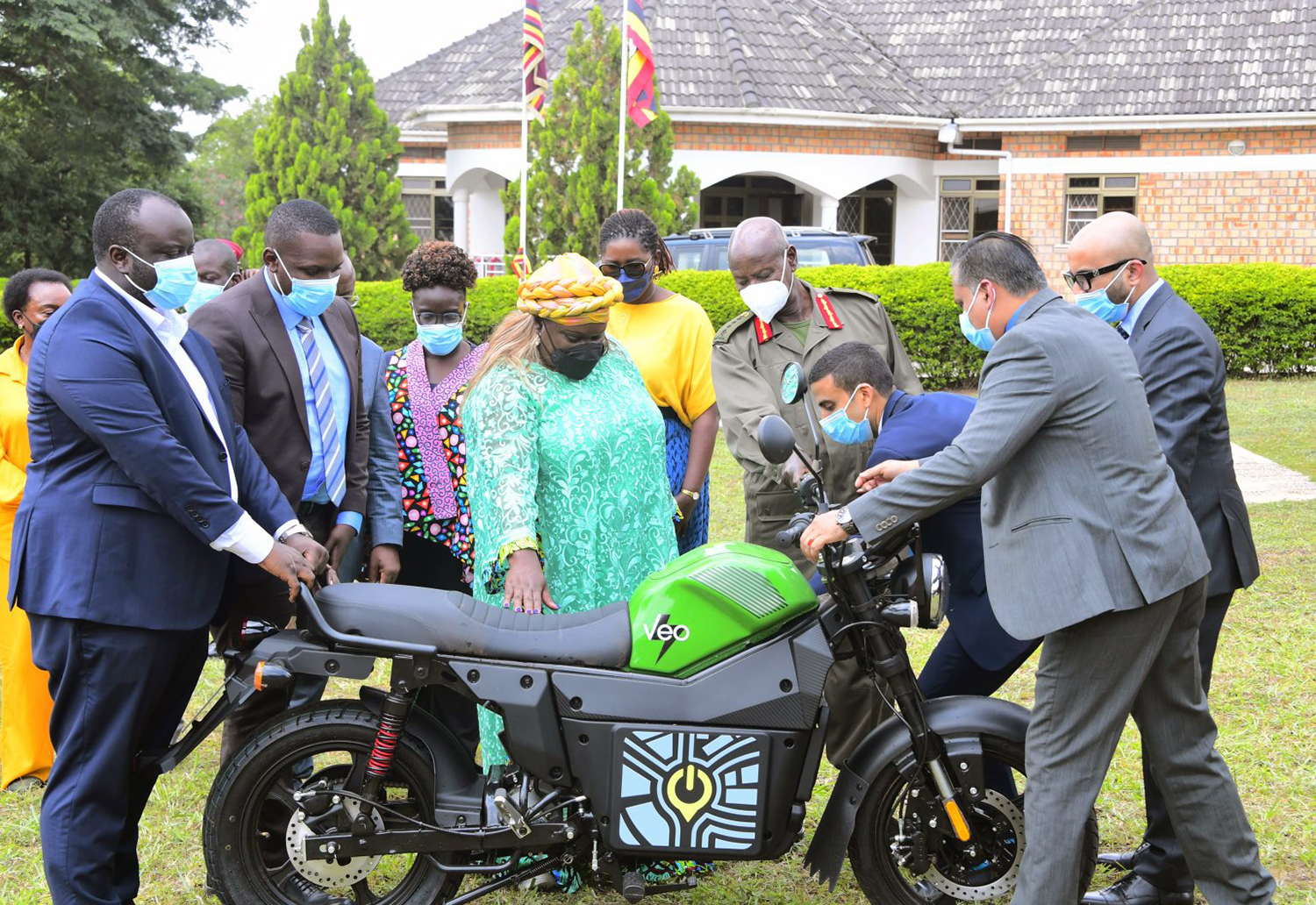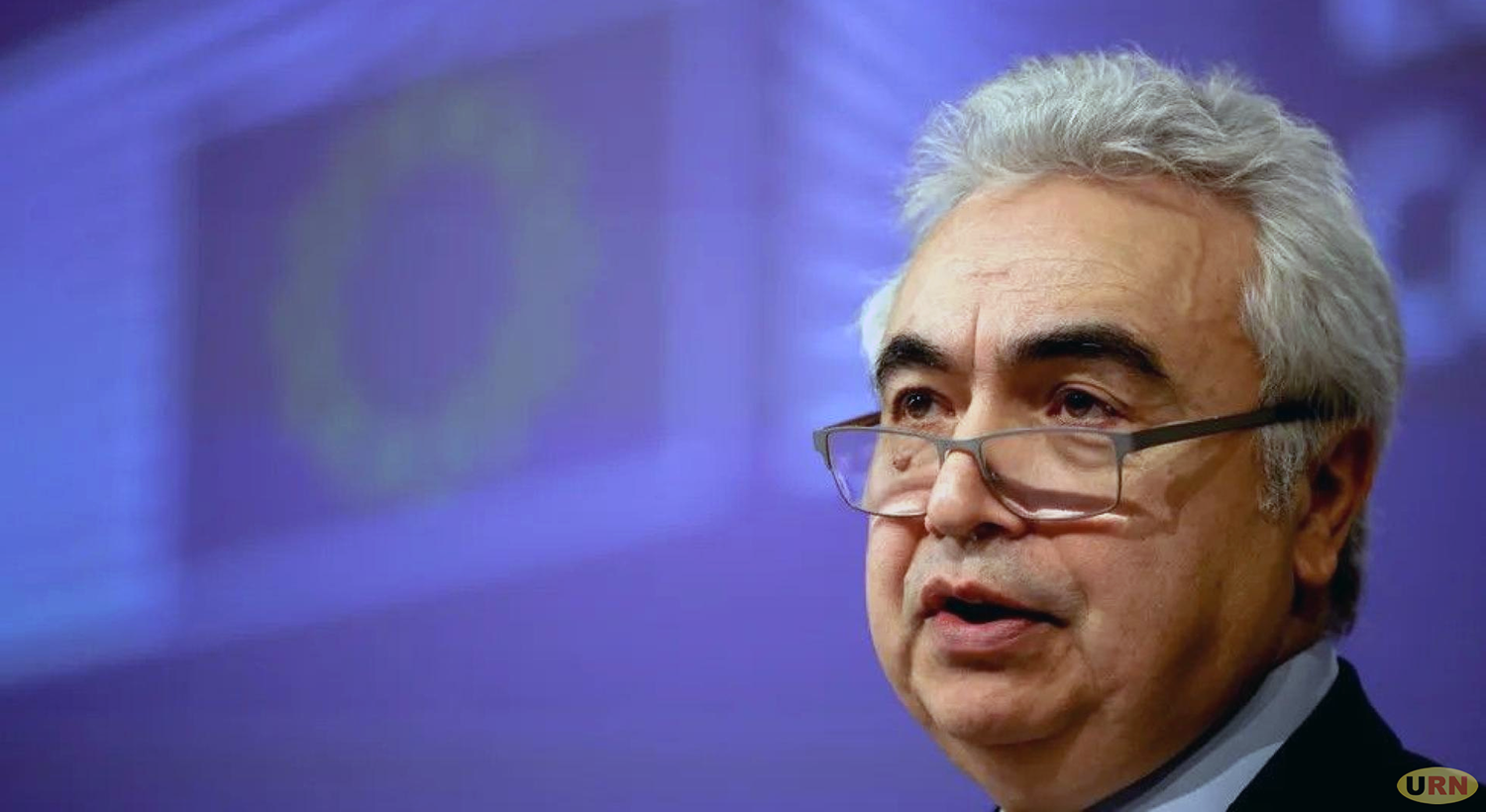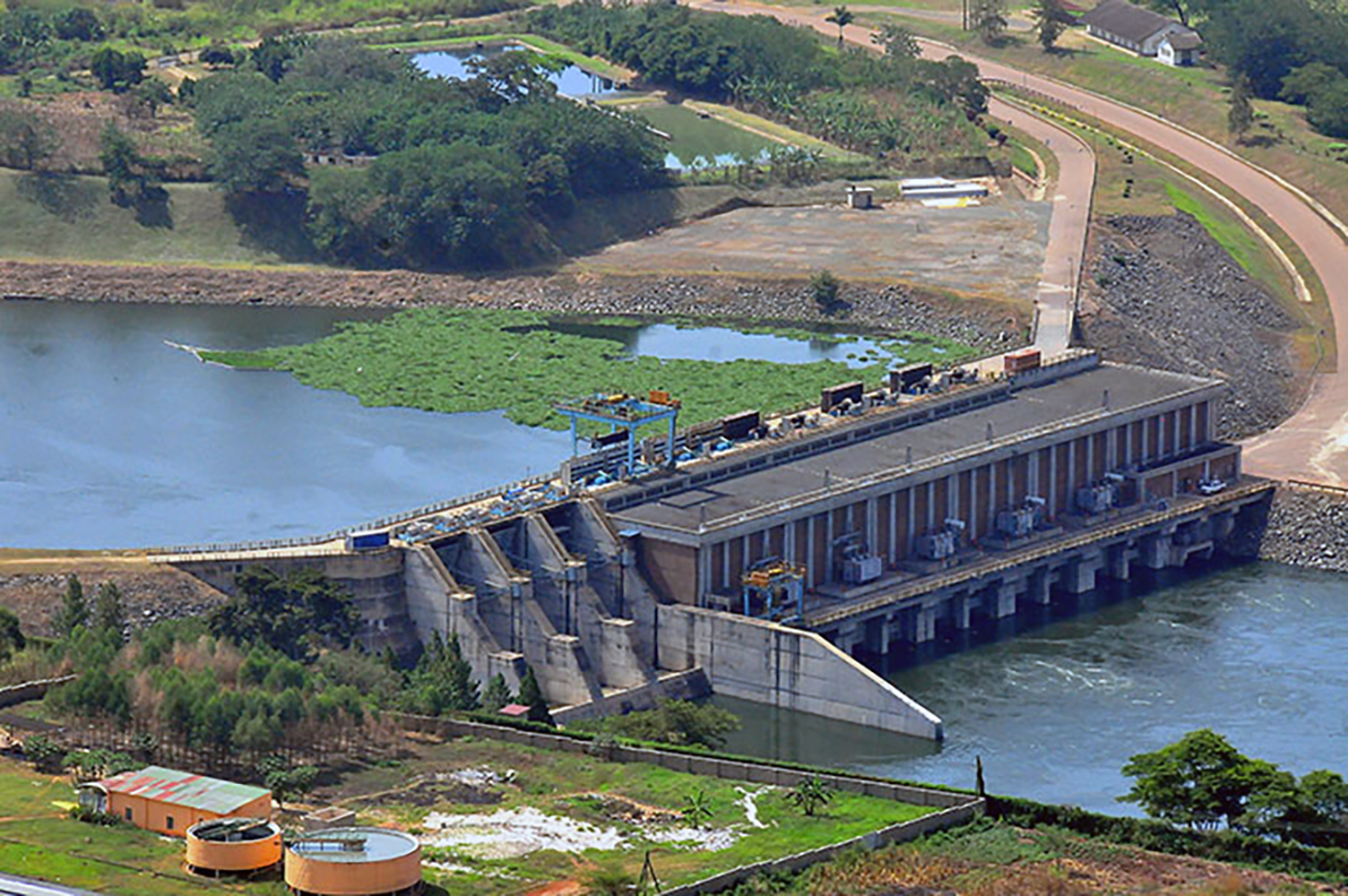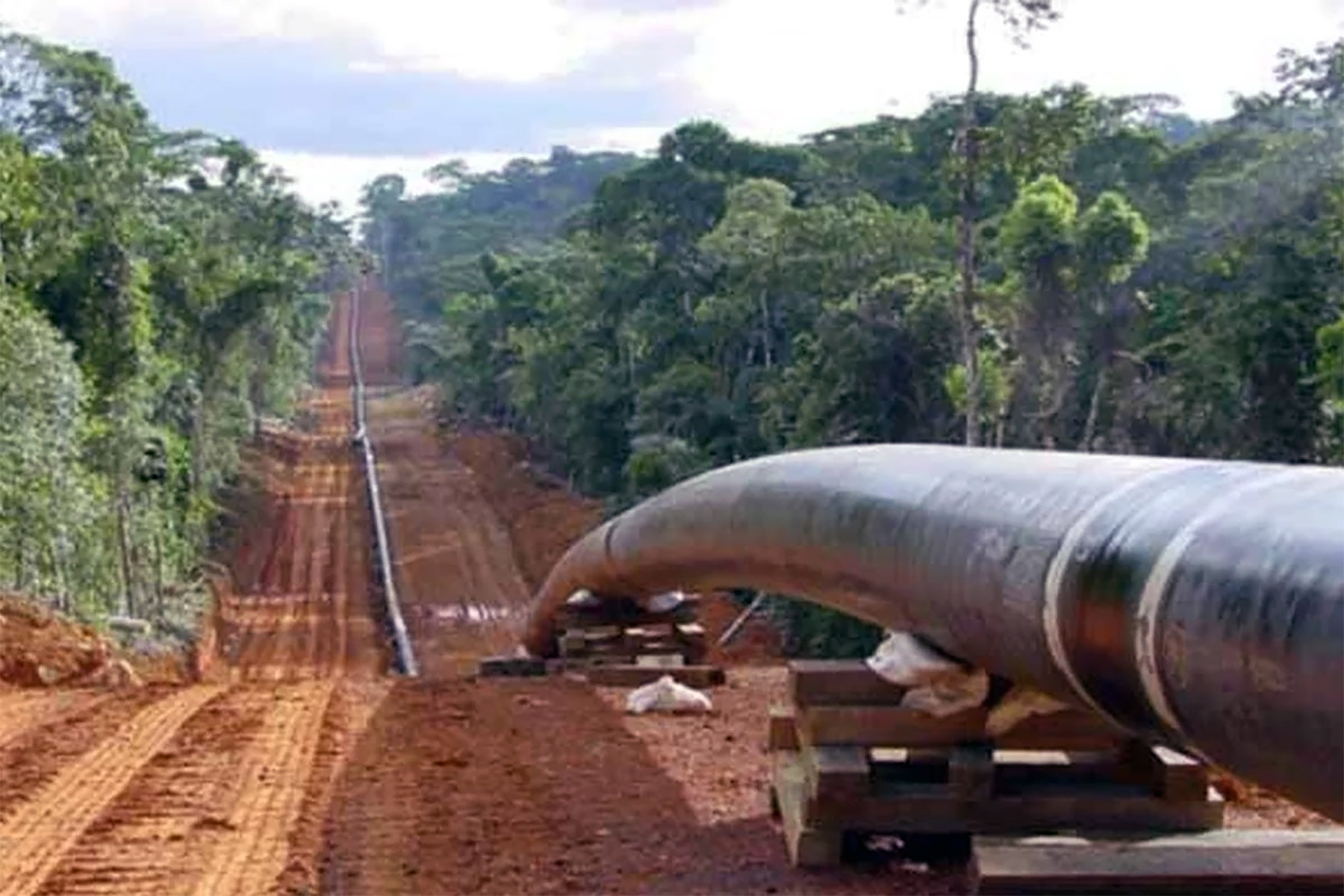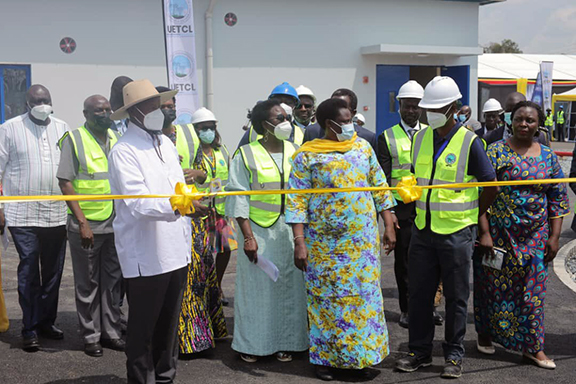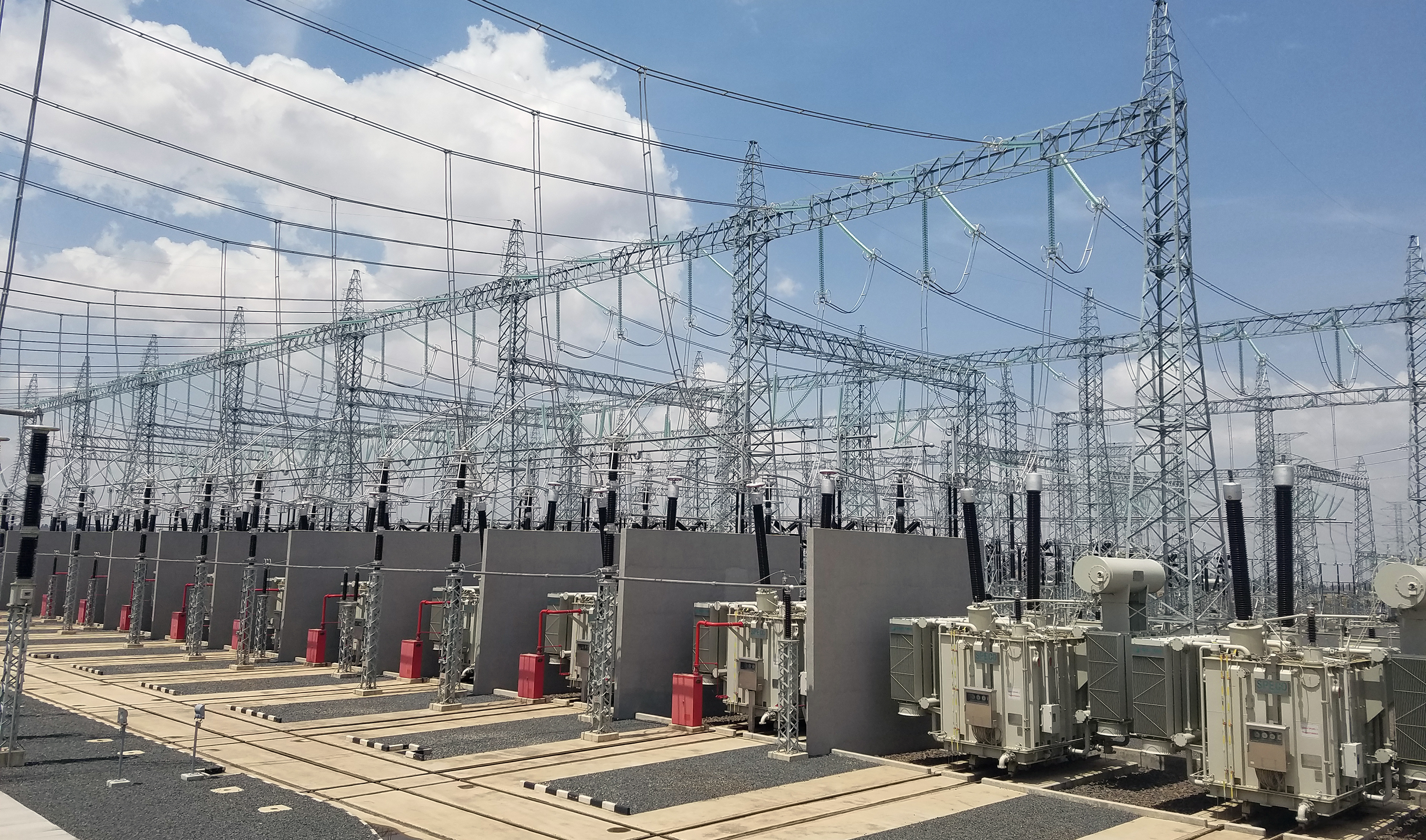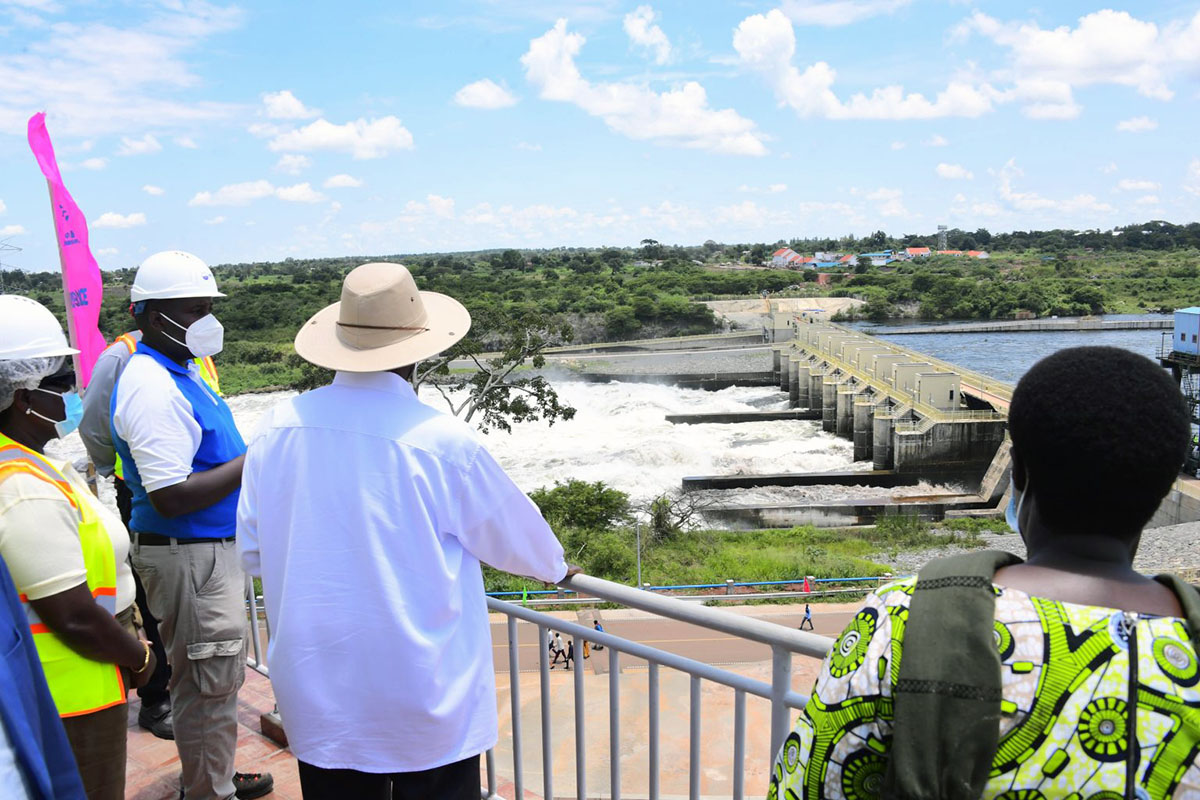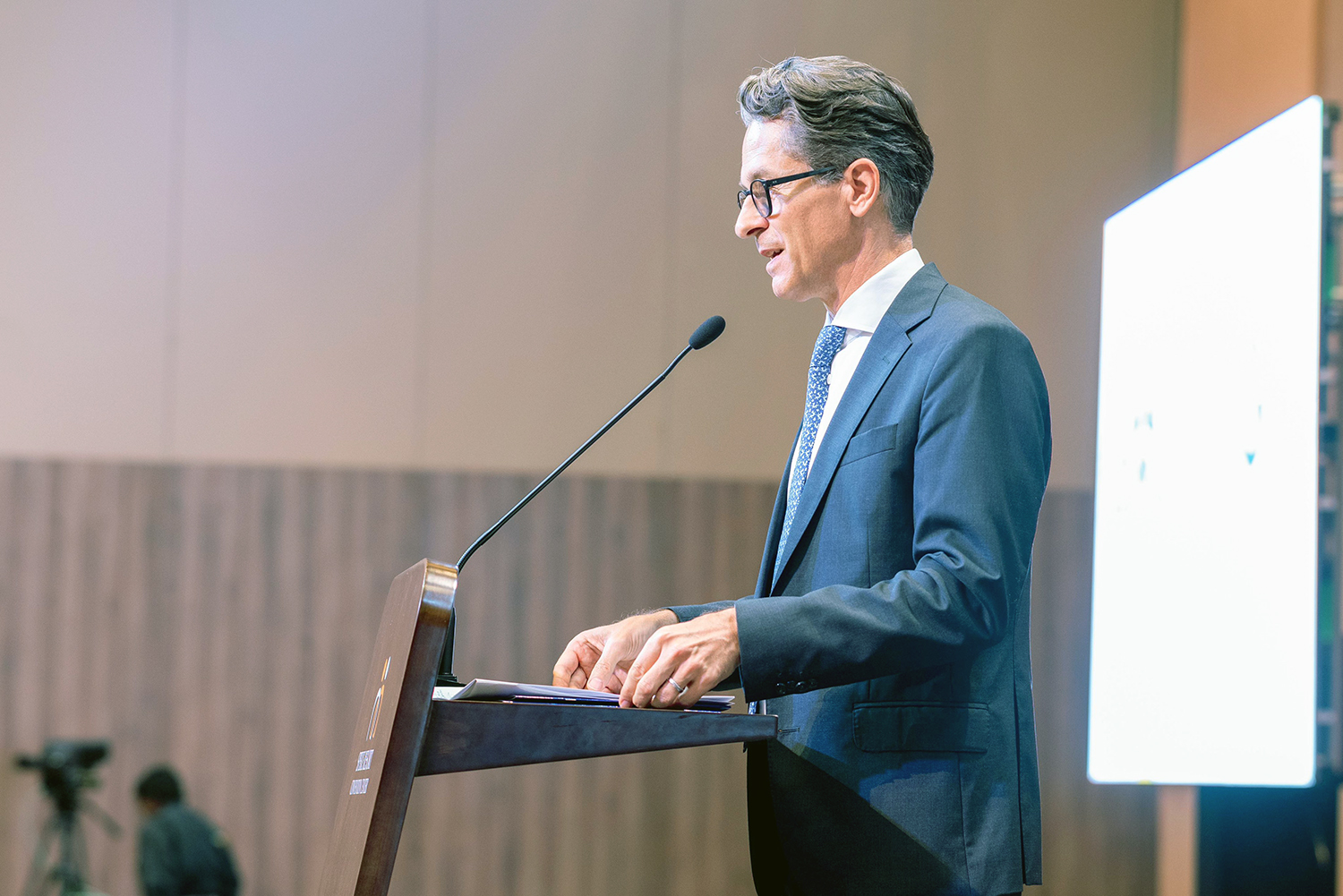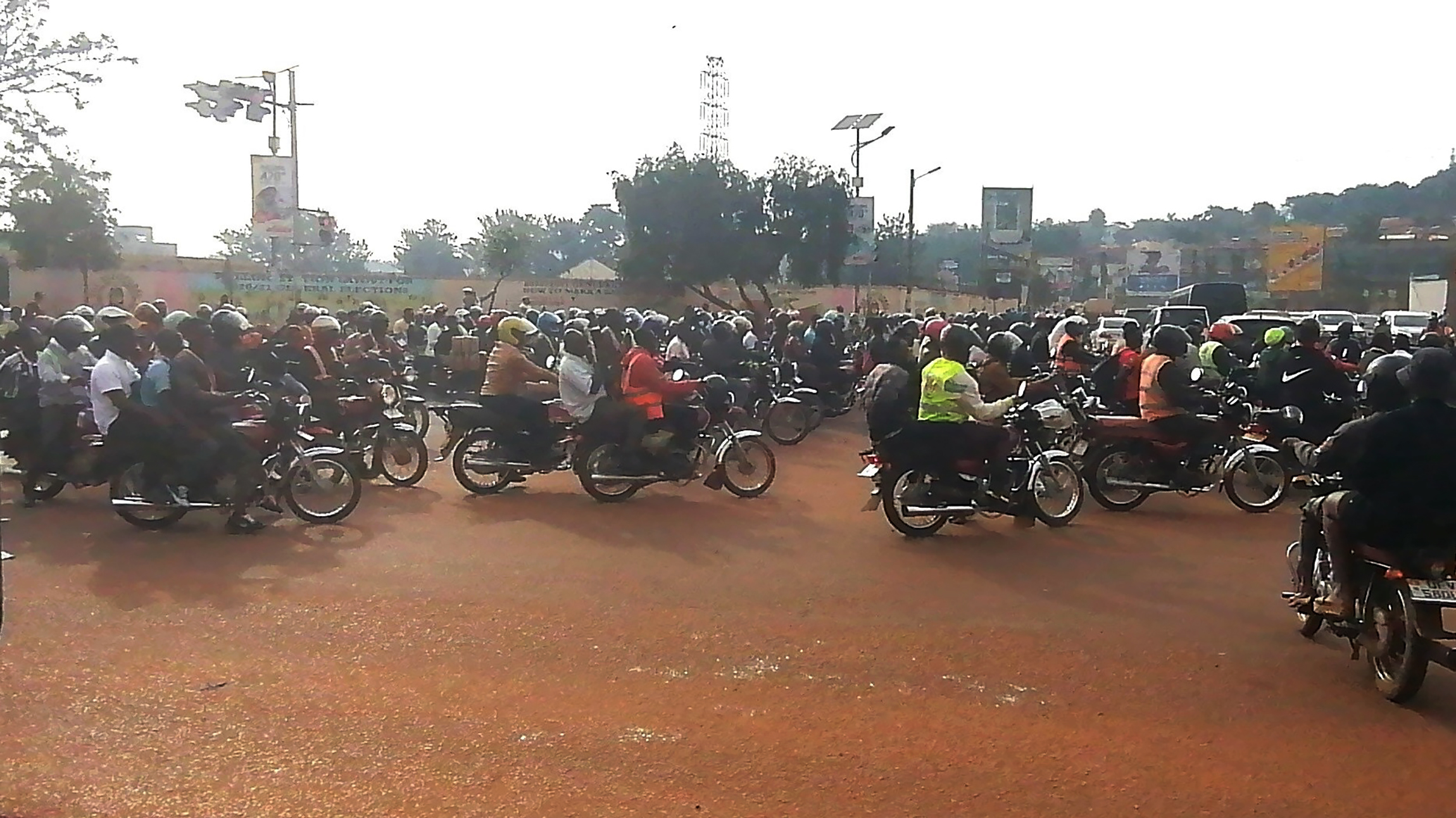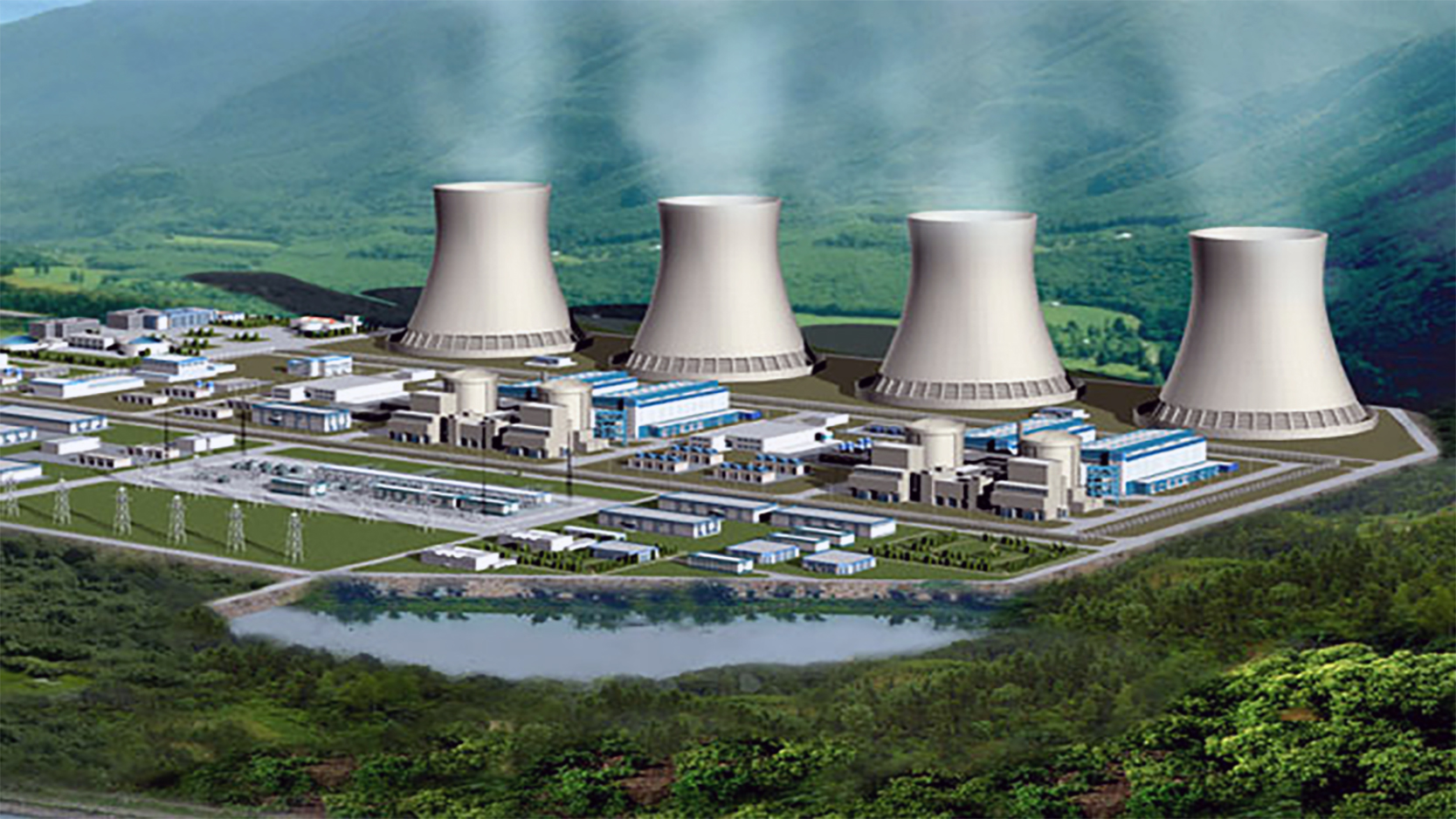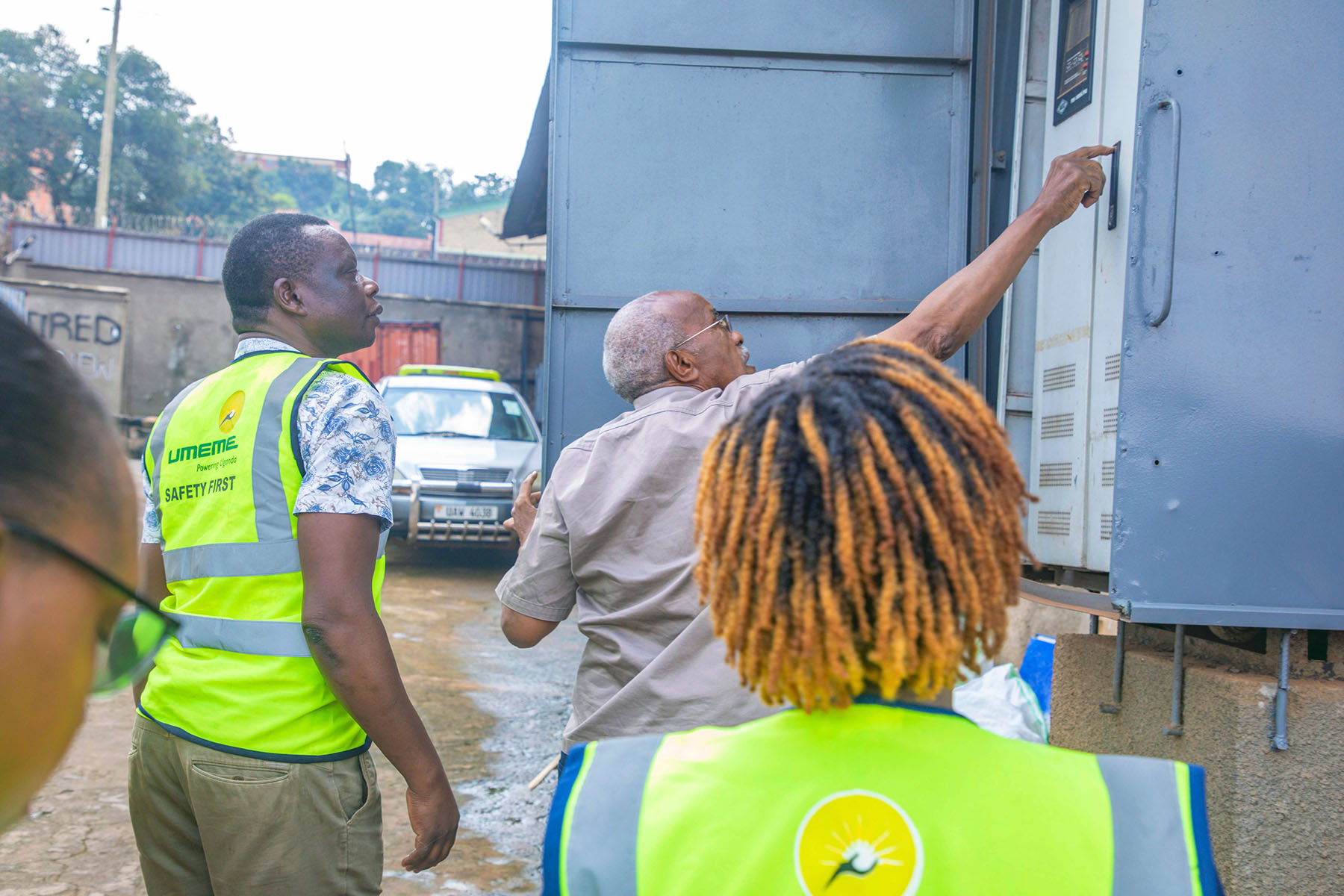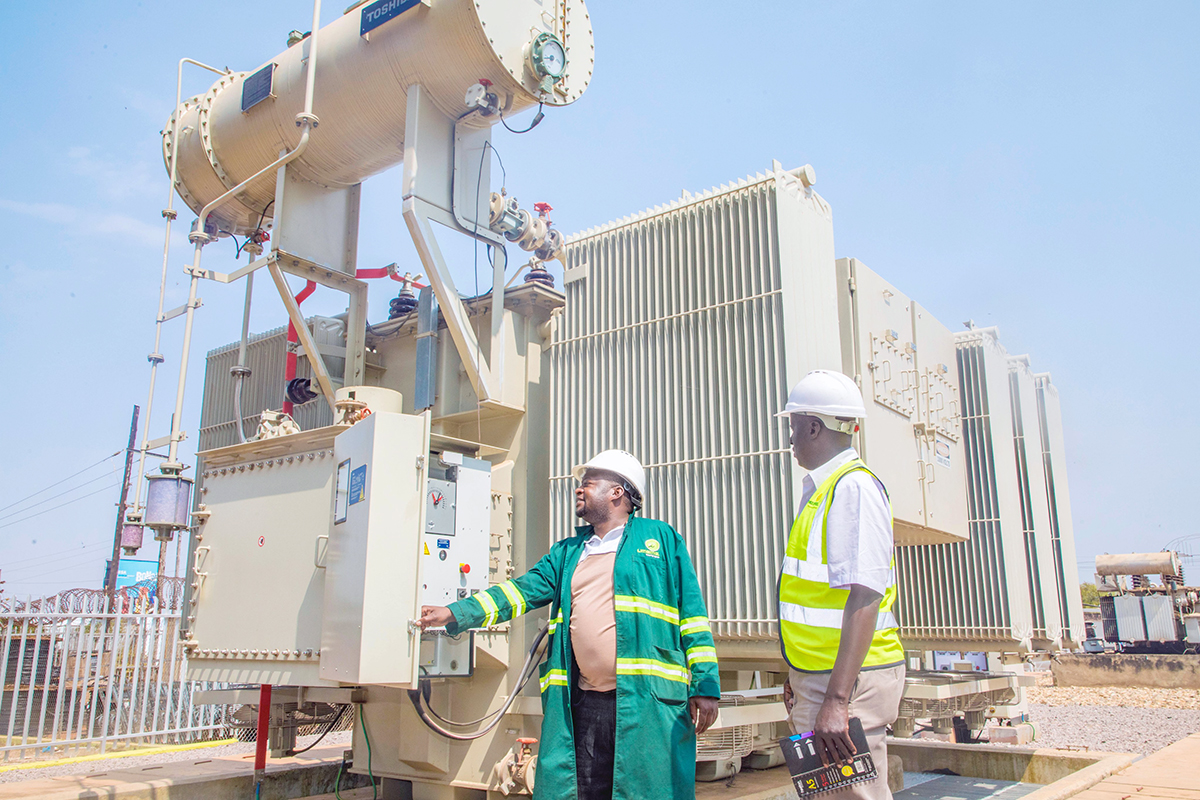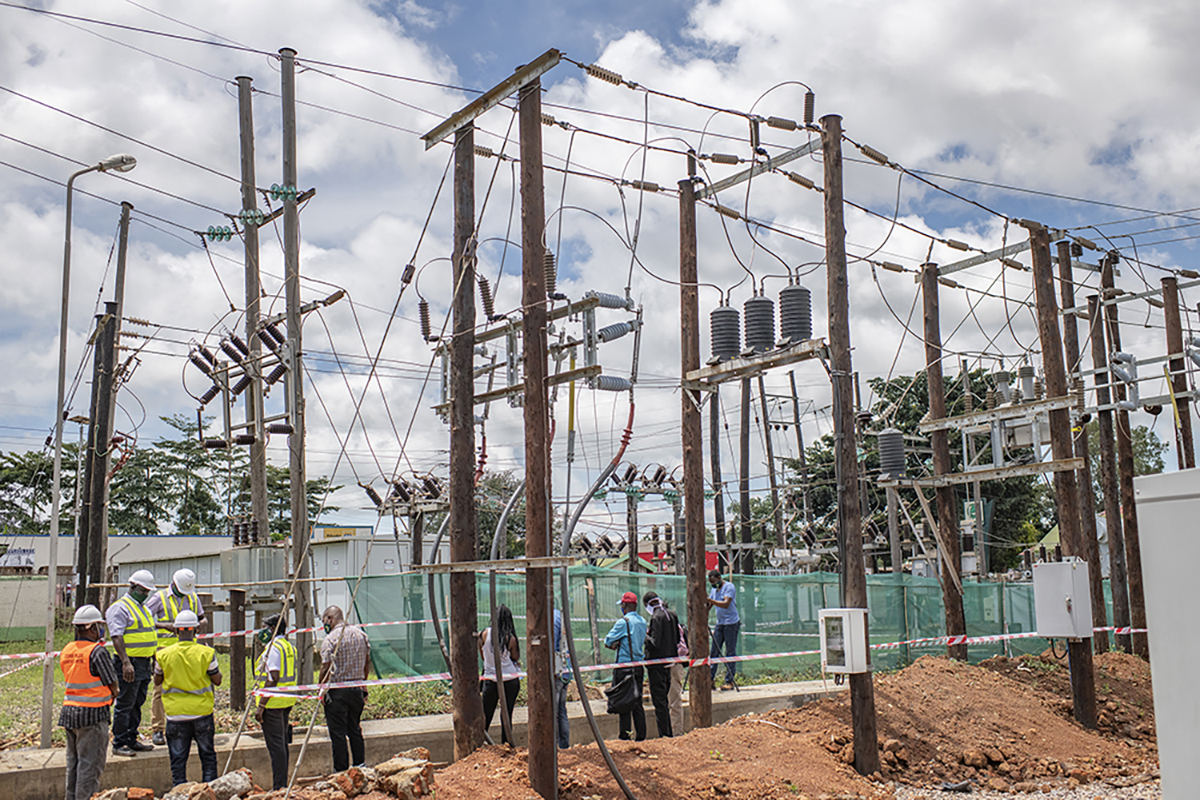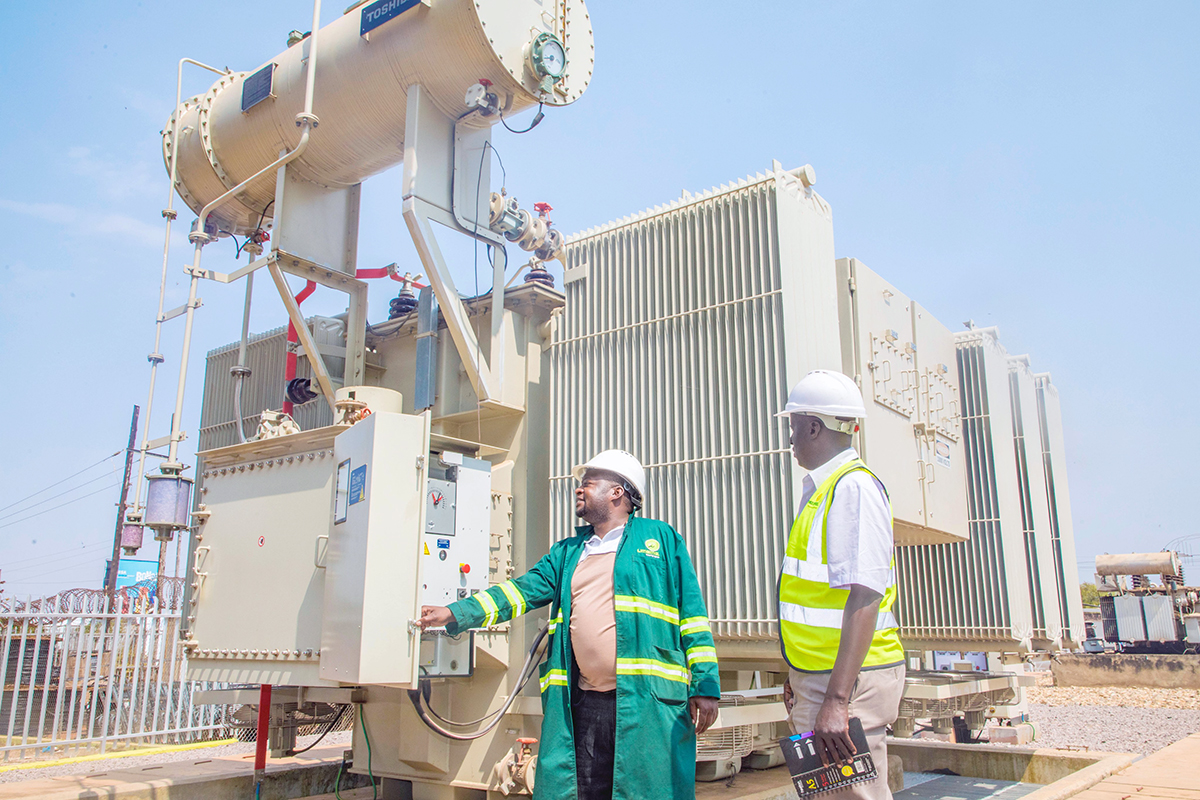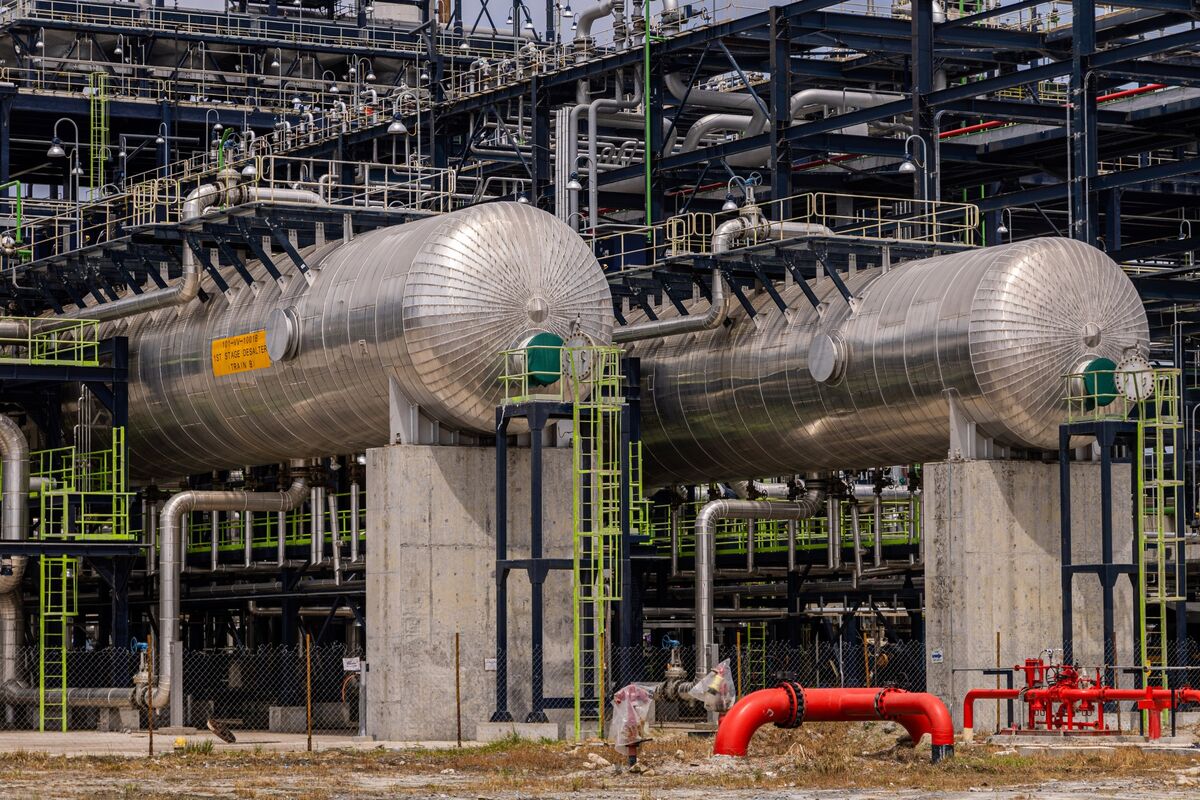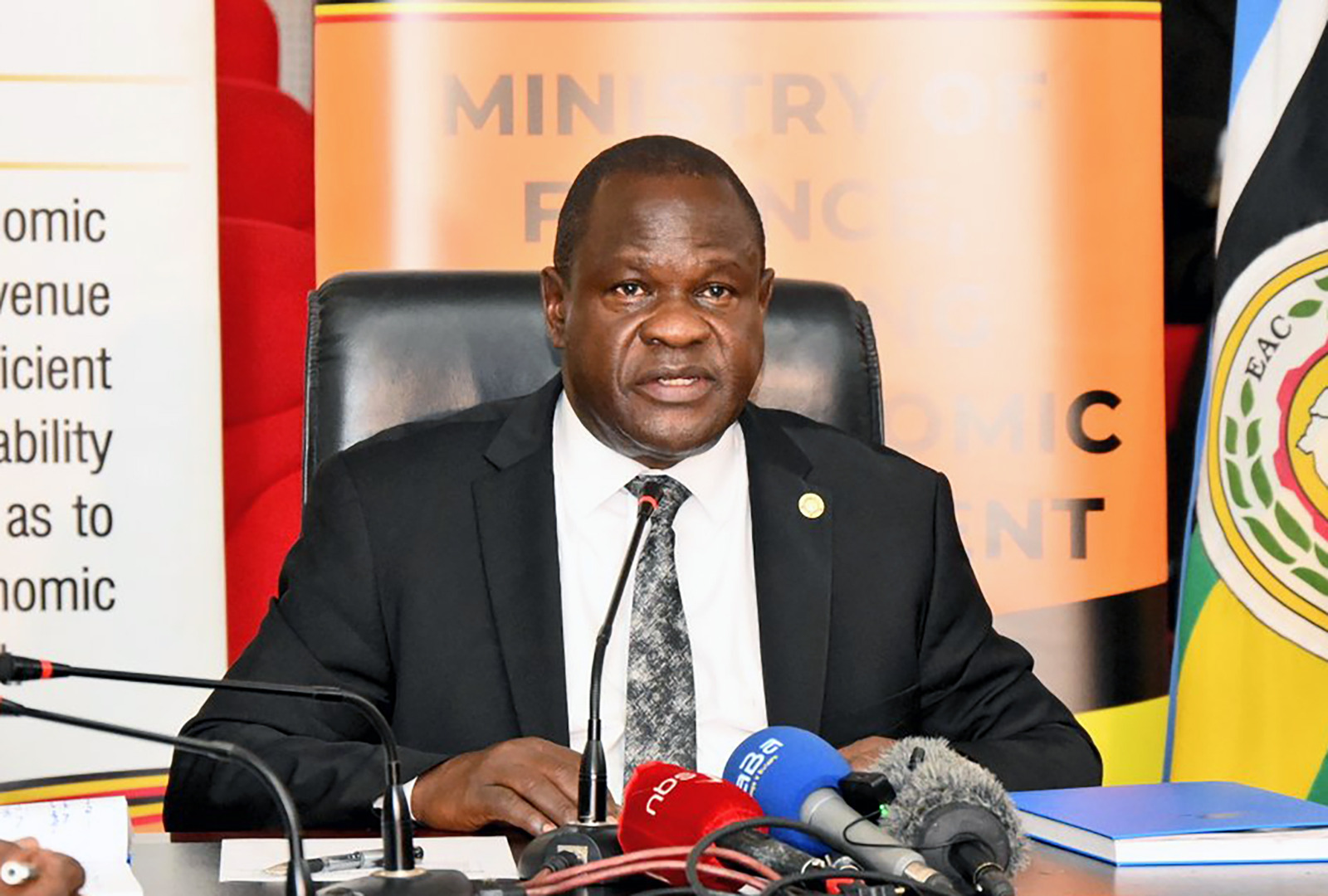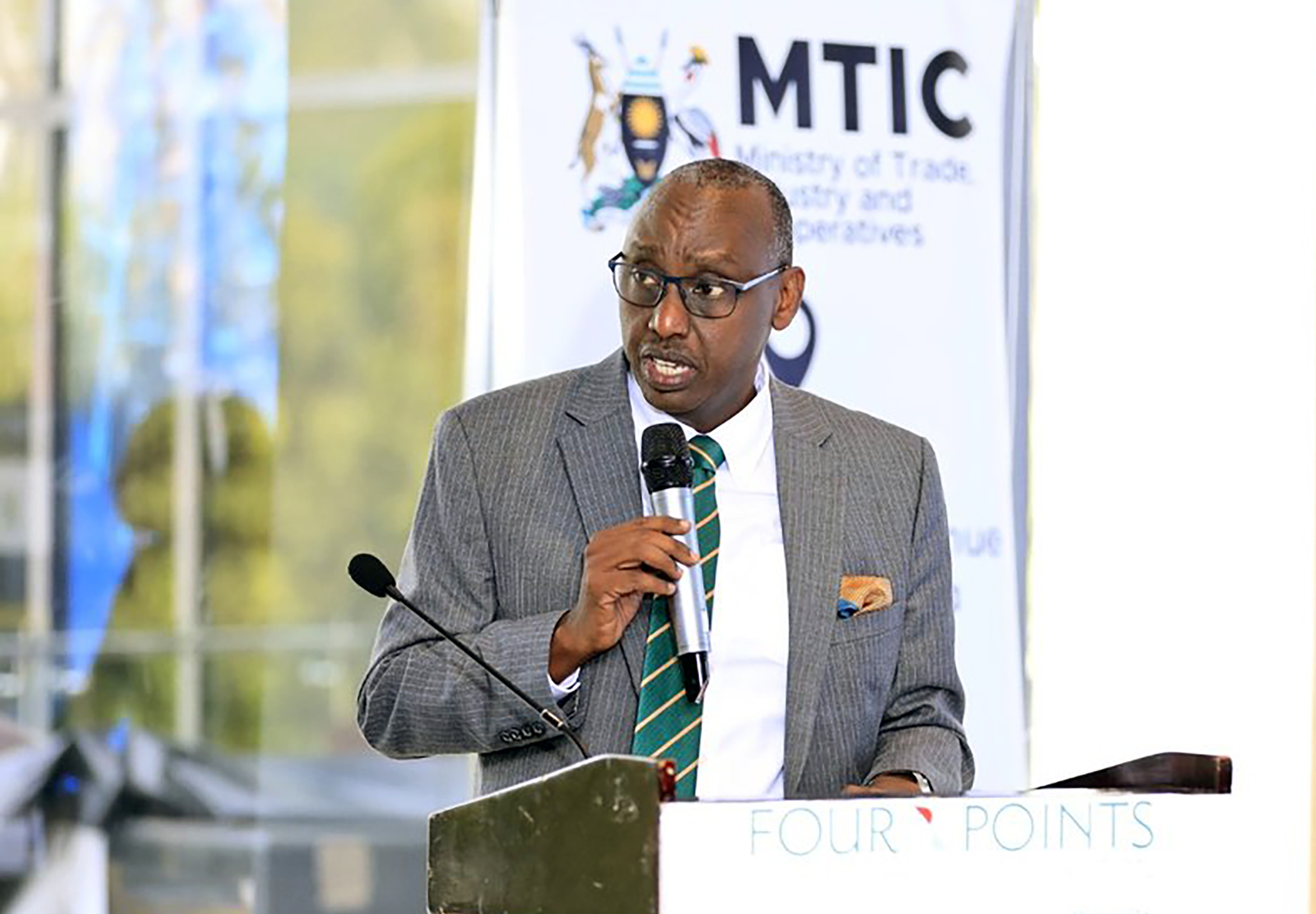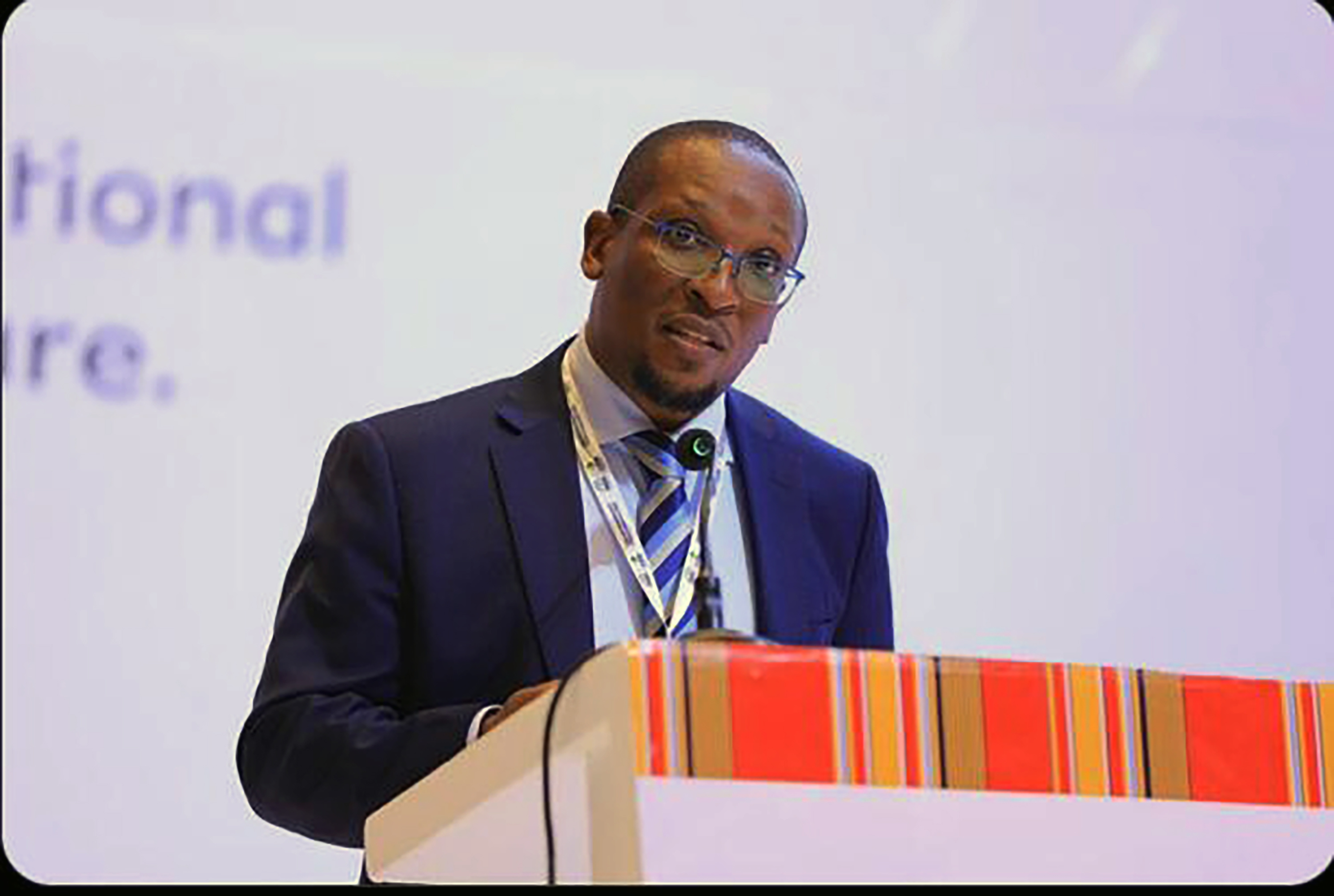Western Uganda gets nine power generation plants
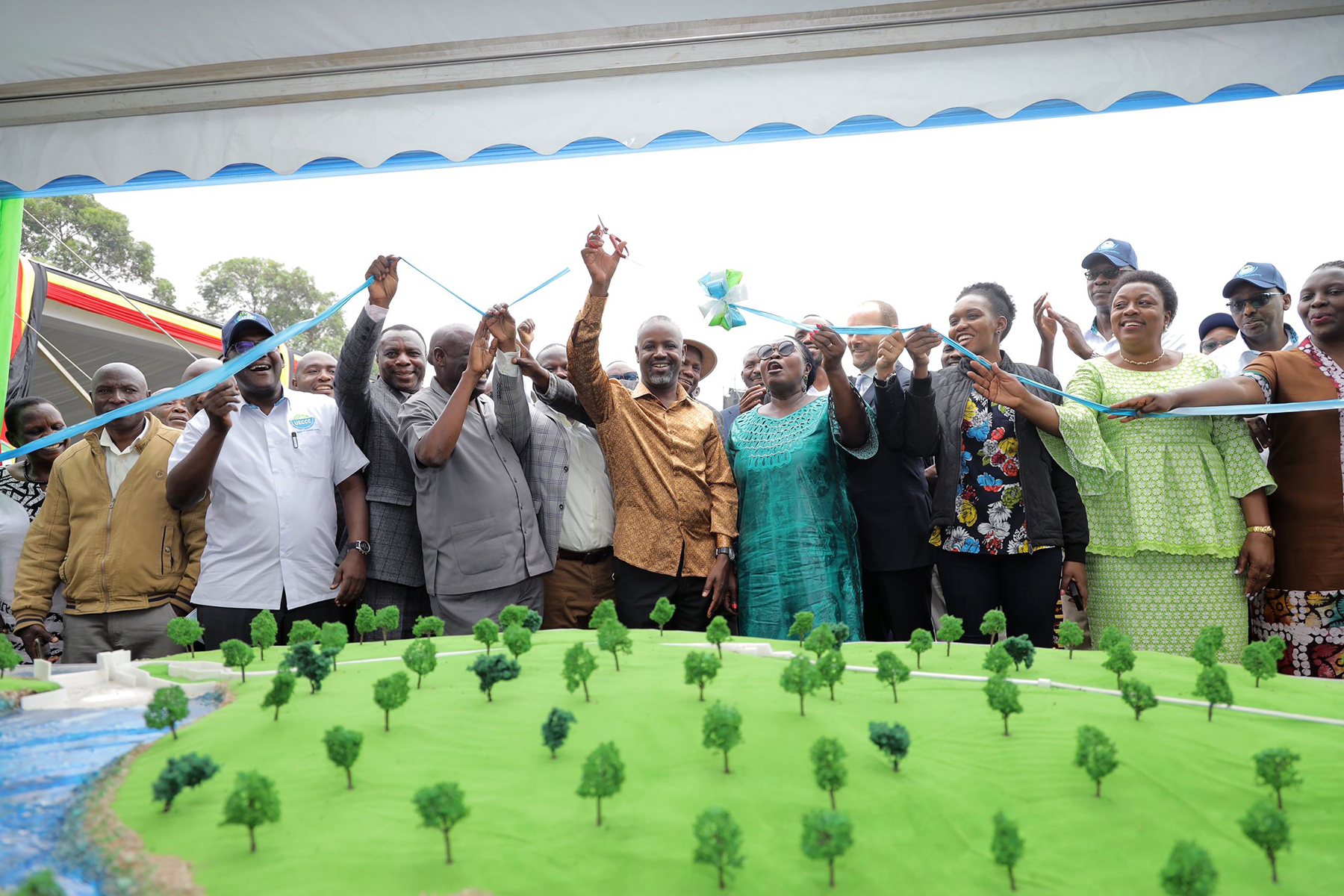
Hon Tayebwa (C) is joined by Nankabirwa, Uganda Energy Credit Capitalization Company officials , and civic leaders at the launch of the project.
The Government of Uganda, in partnership with the Uganda Energy Credit Capitalization Company (UECCC), has launched the construction of nine mini hydropower plants with a combined capacity of 6.7MW in western Uganda.
The initiative, expected to significantly boost rural electrification, was officially inaugurated by the Deputy Speaker of Parliament, Hon. Thomas Tayebwa, in the presence of local leaders, development partners, and community members.
The ORIO mini hydropower project, covering Kasese, Bushenyi, Mitooma, Hoima, Kabarole, Bunyangabu, and Bundibugyo districts, will include a 288-kilometer local distribution network to expand electricity access. The project aims to connect over 71,081 households and 2,300 small and medium enterprises (SMEs), providing stable electricity for business growth, education, and healthcare.
Tayebwa emphasized the project’s role in transforming rural communities and supporting Uganda’s industrialization agenda. “This project will provide the infrastructure needed to support industrialization and improve the living conditions of our people. For the communities in Mitooma and across western Uganda, this will unlock new opportunities in education, healthcare, business, and agro-processing,” Tayebwa said.
Ruth Nankabirwa, the Minister of Energy and Mineral Development, highlighted the project’s alignment with Uganda’s energy goals.
- “This initiative will be a game-changer for rural electrification in Uganda. Upon completion, the project will deliver reliable electricity to over 376,000 people and 1,300 SMEs, cut carbon emissions by reducing diesel generator use, and enhance public health by decreasing reliance on kerosene lamps,” she said.
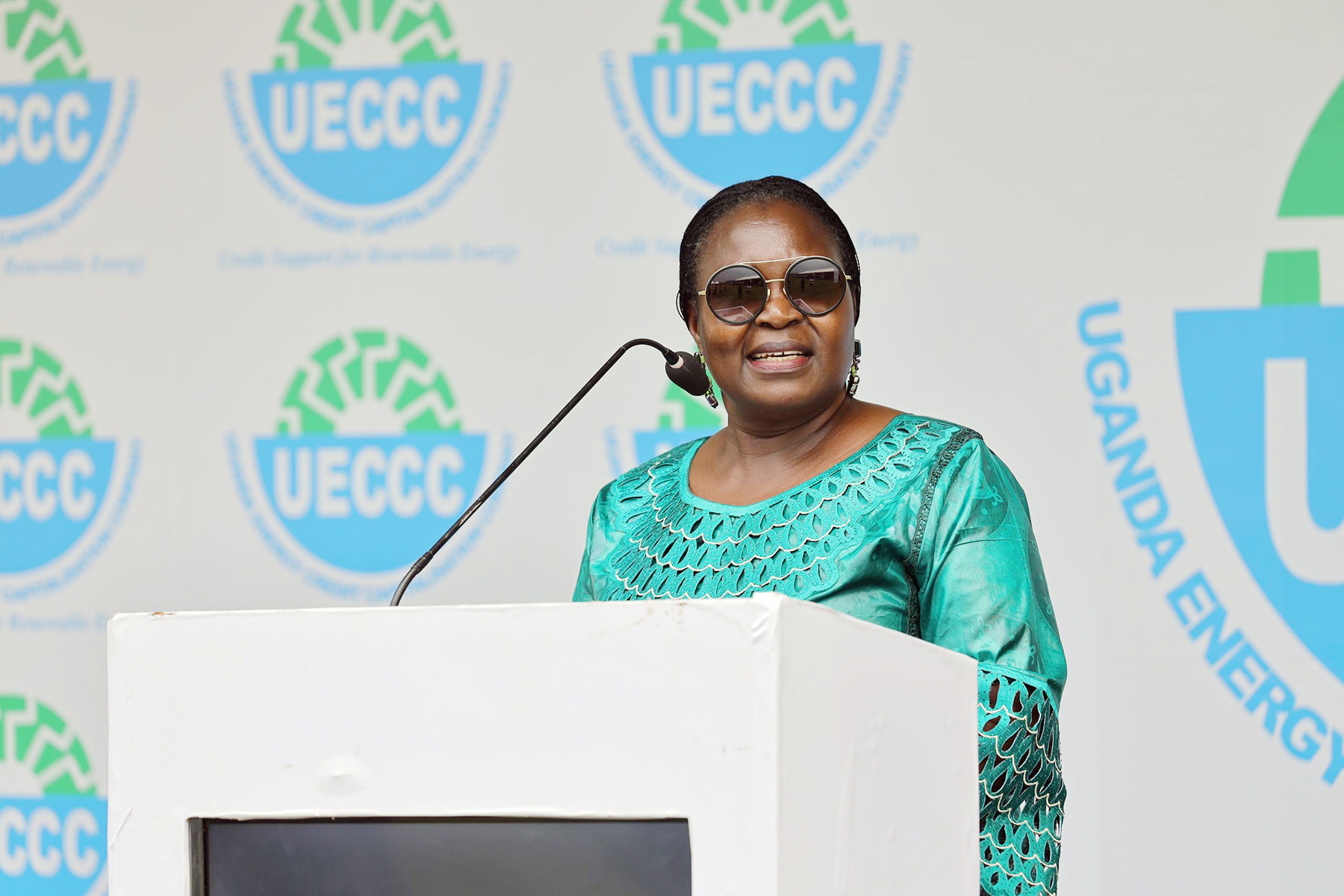 Hon. Ruth Nankabirwa, the minister of Energy and Mineral Development, speaks at the launch event.
Hon. Ruth Nankabirwa, the minister of Energy and Mineral Development, speaks at the launch event.The project is funded by the ORIO Infrastructure Fund (now under Invest International) of the Netherlands Government, with co-financing from the Government of Uganda. UECCC secured a grant of €13.1 million (approximately UGX 50 billion) for its development.
The UECCC was established in 2009/2011 as a company limited by guarantee, owned by the Government of Uganda through MEMD, MoFPED and PSFU to facilitate investments in Uganda’s high-potential renewable energy sector.
UECCC’s mandate is to provide a reliable framework for pooling resources from Government and Development Partners (Uganda Energy Capitalisation Trust) and to channel the same to viable renewable energy projects.
It also serves as a Credit Support Institution with the objective of promoting Private Sector-led renewable energy infrastructure development.
- Speaking at the event, Joost Van Ettro, Deputy Ambassador and Head of Development Cooperation at the Embassy of the Kingdom of the Netherlands in Uganda, reaffirmed the Netherlands’ commitment to supporting Uganda’s energy sector.
- “Through Invest International, we have contributed UGX 50 billion, covering 30 percent of the project cost, while Uganda has committed to financing the remaining portion. Reliable and affordable energy is a key driver of economic growth worldwide, and we are proud to support Uganda in this endeavor,” Ambassador Ettro stated.
Officials said UECCC would continue to provide financial, technical and other support for Renewable Energy Infrastructure Development in Uganda, with particular focus to enabling private sector participation.
Roy Nyamutale Baguma, the UECCC Managing Director, noted that the project is to be executed in phases, with the first phase covering four sites: Nchwera, Igassa, Nsongya, and Hoimo. Construction is to be undertaken by HNAC Technology Co. Ltd from China for civil and hydro-mechanical works, while Germany’s Ossberger GmbH will handle the design and installation of turbines and electromechanical systems.
The entire project is set for completion within 24 months, promising a brighter and more electrified future for western Uganda.



.jpg)

